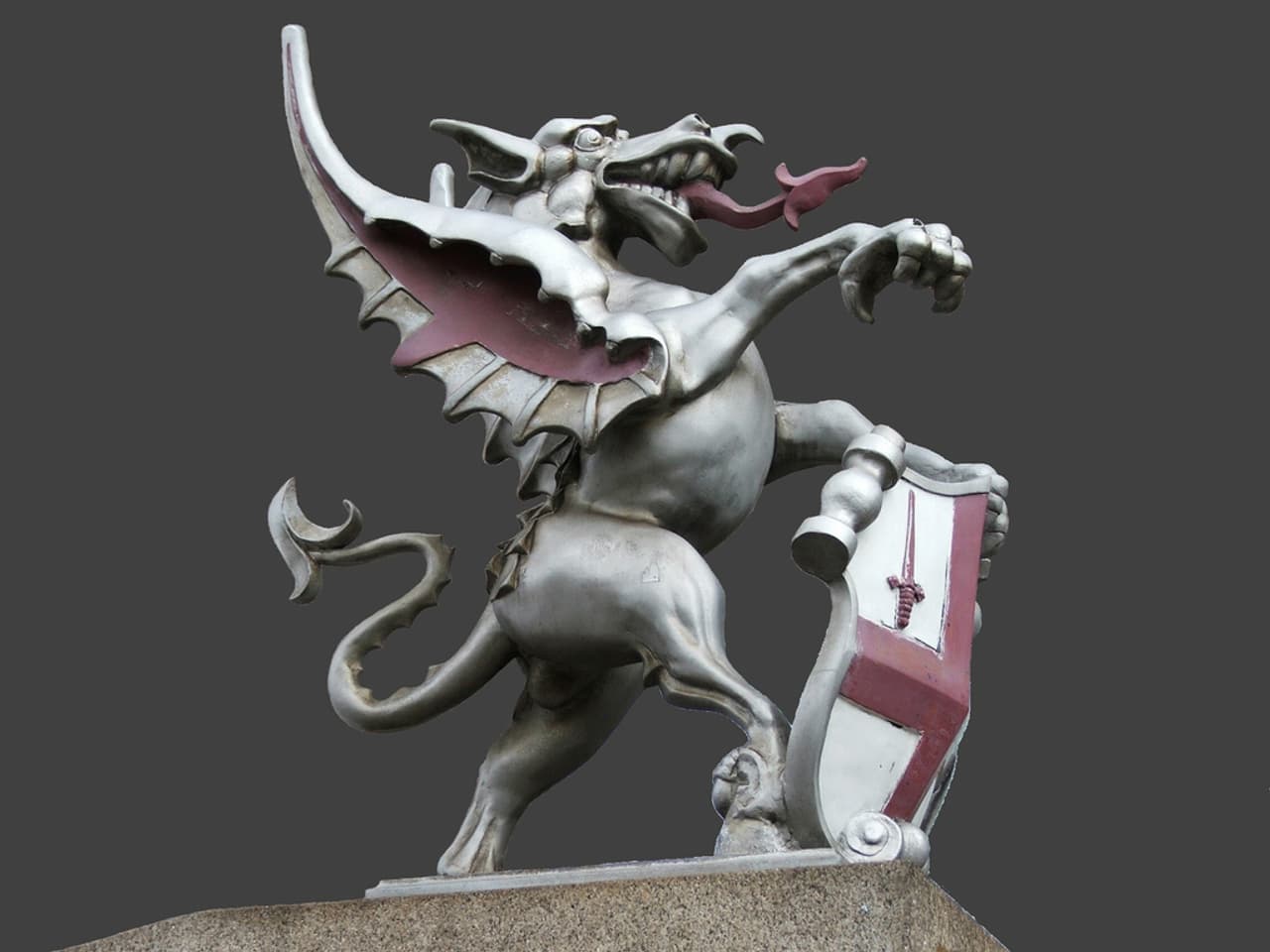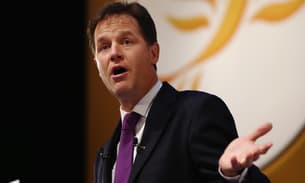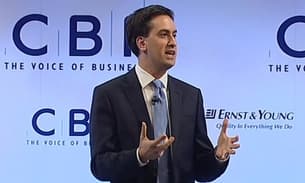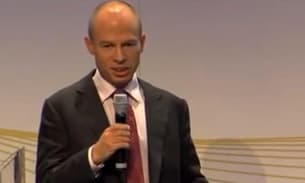
City gears up to kill new finance tax
Battle lines are being drawn as the City of London prepares to resist European attempts to introduce new bank taxes.
Hostilities kicked off last week when Angela Merkel and Nicholas Sarkozy redoubled efforts to harmonise EU tax rates and levy a tiny financial transaction tax on financial trades of around 0.05%.
The French and German leaders united in a twin track attempt to recoup the hundreds of billions of euros spent bailing out failed banks and the bankrupt national economies of Portugal, Ireland and Greece. They were also driven to reassert a semblance of authority over financial markets.
Death knell of the financial sector?
The City lobbying machine went into overdrive in a ferocious attempt to garner support from David Cameron’s government, against the proposals that they, rather dramatically, claim will kill the country’s financial sector.
The billions that would be skimmed off City profits into Treasury coffers by the banking levy amount to little more than loose change to a sector where $1.8 trillion is traded on a daily basis on London’s foreign exchange markets.
Buoyed by huge injections of public money into capital markets known as quantitative easing, banks and hedge funds have been making huge profits. They have feasted on currencies, commodities, sovereign debt and equities both in the two-year share rally after the economic crash of 2008 and in the recent sell-off thanks to the practice of shorting (borrowing shares, selling them and buying back after the price has fallen).
At the same time wider European and United States’ economies have flat-lined sparking high unemployment, high inflation and increased social unrest.
Bank tax is loose change
Against this backdrop, European politicians are increasingly emboldened to create a long-term banking tax by placing a small levy on each individual transaction on financial markets.
France and Germany are effectively attempting to claw back some of the cash governments were forced to hand over to prop up the world’s economy after footloose, lightly regulated financiers brought it to near collapse.
The City of London has the most to lose with 36.7% of all global currency transactions – the first trading area likely to be taxed under the new proposals – taking place in the Square Mile.
A micro-tax on all currency could be worth as much as £20bn.
While seemingly large, however, the billions that would be skimmed off City profits into Treasury coffers, amount to little more than loose change, to a sector where $1.8 trillion is traded on a daily basis just on London’s Forex markets.
The Square Mile Money Machine
The Bank for International Settlements (BIS) last year stated the total turnover on foreign exchange markets worldwide has now reached $4 trillion a day.
Forex trading in the UK is $1.8 trillion which is 36.7% of global market share. The UK’s market share is more than double the United States in second place.
The London Stock Exchange is the fourth largest domestic equity market capitalised exchange in the world.
London is the most active Eurobonds trading centre. New notes issued in London last year totalled £416.6bn.
BIS data shows that the UK is the leading financial derivatives market. Of the entire $2.7tn global daily turnover, $1.23tn is traded in the UK every day equivalent to a 45.8% market share.
‘Economic suicide’
Yet City big shots have come out in force against the Franco-German proposals arguing that any tax on banking would destroy London’s pre-eminence and undermine mainstream businesses.
Last weekend Michael Spencer, a former Conservative Party treasurer and one of the most influential figures in the Square Mile, in an interview with the Independent on Sunday stated: ‘It would be economic suicide if the UK agreed to this tax.’
‘It would be economic suicide if the UK agreed to this tax.’
Michael Spencer, former Conservative party treasurer
It did not go un-noted that Spencer also, effectively, called on the loyal support of his old friends in government. ‘I know that David Cameron and George Osborne will not fall for this as it will destroy the City of London,’ he added.
Spencer may be basing his confidence on the tens of millions of pounds donated by his City comrades to the Tory party. Earlier this year, the Bureau revealed that in the five years since Cameron became leader, City lucre has poured into Conservative headquarters going from 25% of all the party’s funds to 50.8% in 2010.
Spencer’s observation was followed the next day by Simon Lewis, chief executive of the Association for Financial Markets in Europe, a lobby group representing the world’s biggest banks.
The rich get richer
Writing in the Daily Mail, Lewis argued the idea of a financial transaction tax has been around for 40 years and ‘with good reason, the proposal has never been taken up’.
Since the crash there has been little meaningful reform on bankers’ pay, tax abuse and transparency in markets, despite wide public desire that the City should be made to pay for some of the mess western economies are now in.
And while many economies hang in the balance, profits in many financial sectors are back up to pre-crash levels and bankers’ pay is back in the stratosphere.
But the City lobby is powerful. And with Spencer effectively challenging the Conservative party to stay loyal to its City paymasters and side against the European proposals, Merkel and Sarkozy are going to need great powers of persuasion to force the EU financial tax agenda beyond the Eurozone and into London’s markets.




